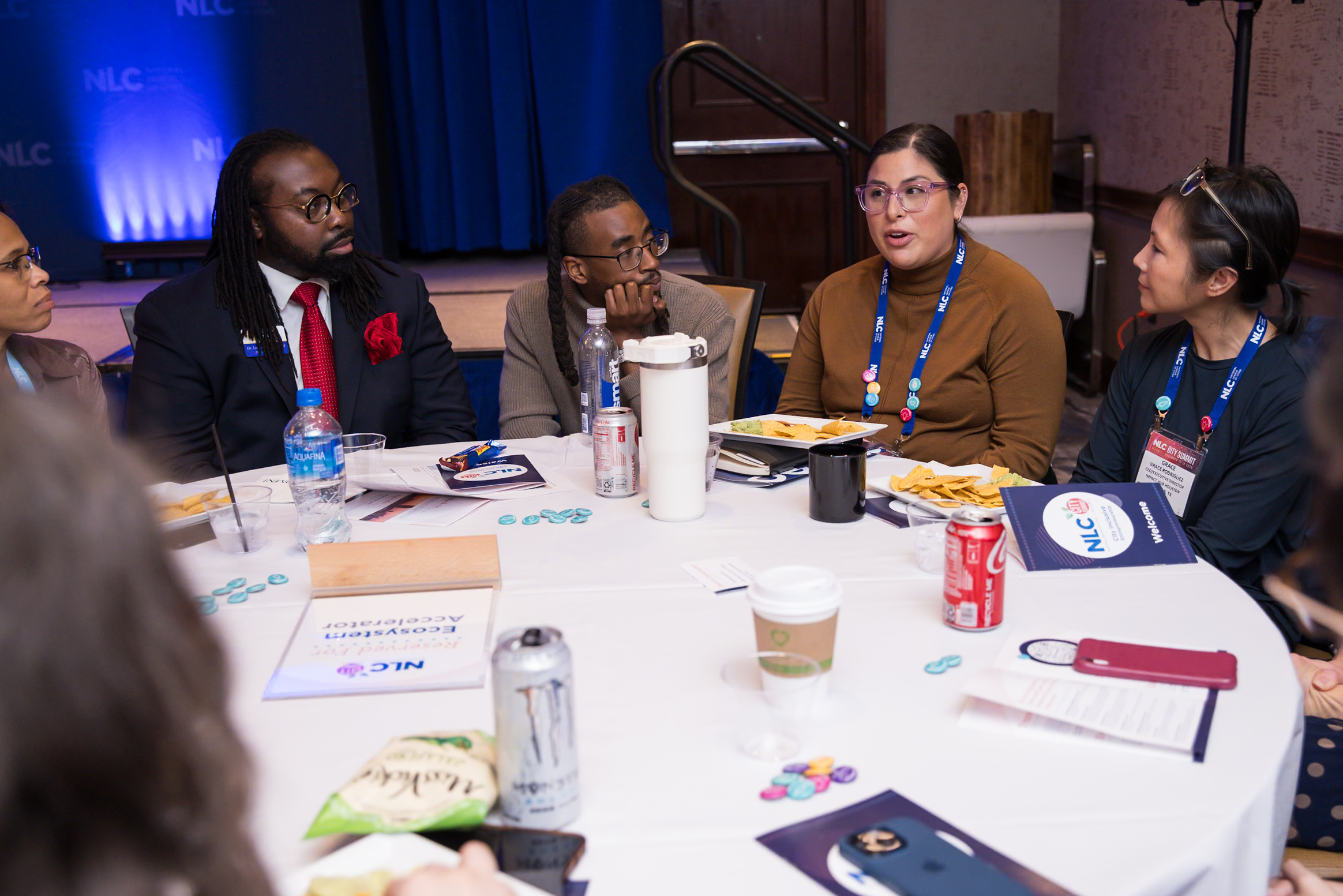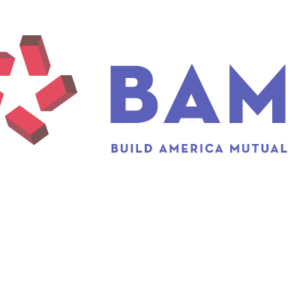This blog is part of a series highlighting NLC’s City Inclusive Entrepreneurship (CIE) Network. Cities in the network have committed to implementing new policies, programs, and practices that increase economic opportunity for residents through small business ownership and entrepreneurship. In November 2022, Mayor David Holt of Oklahoma City, OK, committed to identifying innovative, Black-owned firms with the end goal of connecting them to resources and opportunities they need to grow.
The state of Oklahoma includes many pockets of economic innovation and vibrancy. In both Oklahoma City and Tulsa, the entrepreneurial ecosystems have benefited through their cities’ strong partnerships with local Entrepreneurship Support Organizations (ESOs). The month of April is the start of when the Small Business Administration commemorates Small Business Week (April 28 through May 4, 2024), and NLC’s City Inclusive Entrepreneurship Program is highlighting past and current program participants of the CIE program to learn more about how they contribute to their cities’ economic development.
Oklahoma City Innovation District’s CIE Ownership & Optionality Commitment Grant Project
Oklahoma City Innovation District (OKCID) participated in the CIE program in 2022-2023 through its Ownership & Optionality cohort, with technical support from Collab Capital.
OKCID initially selected the Ownership & Optionality cohort to bolster the programmatic side of their work, specifically by reaching out to and supporting Black entrepreneurs and businesses. OKCID is an accelerator that was founded based on a study that Oklahoma City commissioned focused on providing more resources to entrepreneurs in the community. They decided to utilize the funding to engage small business owners in meaningful ways: they used the CIE grant to run Lunch & Learns on various topics relevant to entrepreneurs, especially related to venture capital and business development and support.

But OKCID as an accelerator reached further success through its partnership with NLC beyond just the use of the grant funding — the NLC name provided brand awareness and recognition that allowed OKCID to further leverage funding they were in the process of receiving from JP Morgan. With reputable names behind the work they were doing, OKCID’s work with other local accelerators, specifically the Northeast OKC Renaissance, allowed them to work even more directly with local entrepreneurs of color.
According to OKCID Director of Partner Engagement and Special Projects DeAndre Martin, it “definitely strengthened our relationship with the City; the Mayor always thanks us for what we do. He doesn’t ask us to do things often, but it feels good that the thing he asked us [OKCID] to do we’ve been able to execute—it showed he can call upon us more.”
From these initial partnerships and connections, OKCID continues to gain funding; the chairman of the OKCID board set up an entire venture capital fund to invest in entrepreneurs of color in OKC, and one of OKCID’s philanthropic partners created a Revolving Loan Fund that will eventually become a Community Development Financial Institution (CDFI), an alternative form of access to capital benefiting the entire entrepreneurial and economic development ecosystem of the city.
Oklahoma City Minority Founders Accelerator (OMFA)

Another unexpected outcome of the NLC CIE partnership was following a round of COVID relief funding that Oklahoma City released an RFP for, specifically for accelerators (as there are multiple throughout the city). OKCID had also submitted an RFP to JP Morgan around accelerator work. They received funding from both and decided to utilize services from a local University of Oklahoma MBA school professor to take an MBA course and put it into a 16-week program that could then be used to support OKC-based entrepreneurs of color starting their own businesses. This initiative became the Oklahoma City Minority Founders Accelerator (OMFA).
One service accelerators provide is targeted training and engagement with entrepreneurs. Now into its third cohort and recruiting for its next, OMFA is actually its own nonprofit, run by Northeast Oklahoma City Renaissance, another accelerator, and supported by OKCID.
From An ESO Leader: How Cities Can Foster Greater City-ESO Engagement
OKCID benefited from its relationship with the Mayor and city leadership. For cities just starting out or wanting to expand their partnerships with ESOs to better connect with entrepreneurs and foster greater economic development, Martin shared some ideas:
Regular city leadership engagement
Martin shared that “conversations are the starting point.” If your city has had no/minimal interaction with your local ESOs and/or accelerators/incubators, consider intentional networking to start that conversation with regular frequency. OKCID meets quarterly with city council members because even in cases where a project or program they have does not directly center in a given ward, “the spillover effects really impact their constituents.”
Recognize, then utilize, your city’s current resources and network
Martin advised cities: “Don’t go at it alone,” and emphasized that part of the success of their work is that throughout Oklahoma City’s entrepreneurial ecosystem, “we actually talk to each other, and speak with other people and other organizations.” Cities that foster and even convene discussions among their resource partners can more successfully help their residents across a range of needs, and entrepreneurship support is a great example.
Partnerships can fill the gaps
Martin mentioned the opportunities COVID-era support funds created for entrepreneurs and accelerators in OKC. Similarly, other cities may find that many ESOs or other nonprofit partners were bolstered or even able to launch because of the Coronavirus Aids, Relief, and Economic Security (CARES), American Rescue Plan Act (ARPA), or other federal government funding. Look to strengthening partnerships with both the private and nonprofit sectors to keep the benefits to local entrepreneurs and your local economy going forward.
OKCID and Oklahoma City continue to engage with NLC — they are participating in another City Inclusive Entrepreneurship (CIE) cohort this year focused even more intentionally on bringing together multiple organizations, private and nonprofit, to create a stronger workforce pipeline to the city to continue to foster inclusive entrepreneurship and growth.











